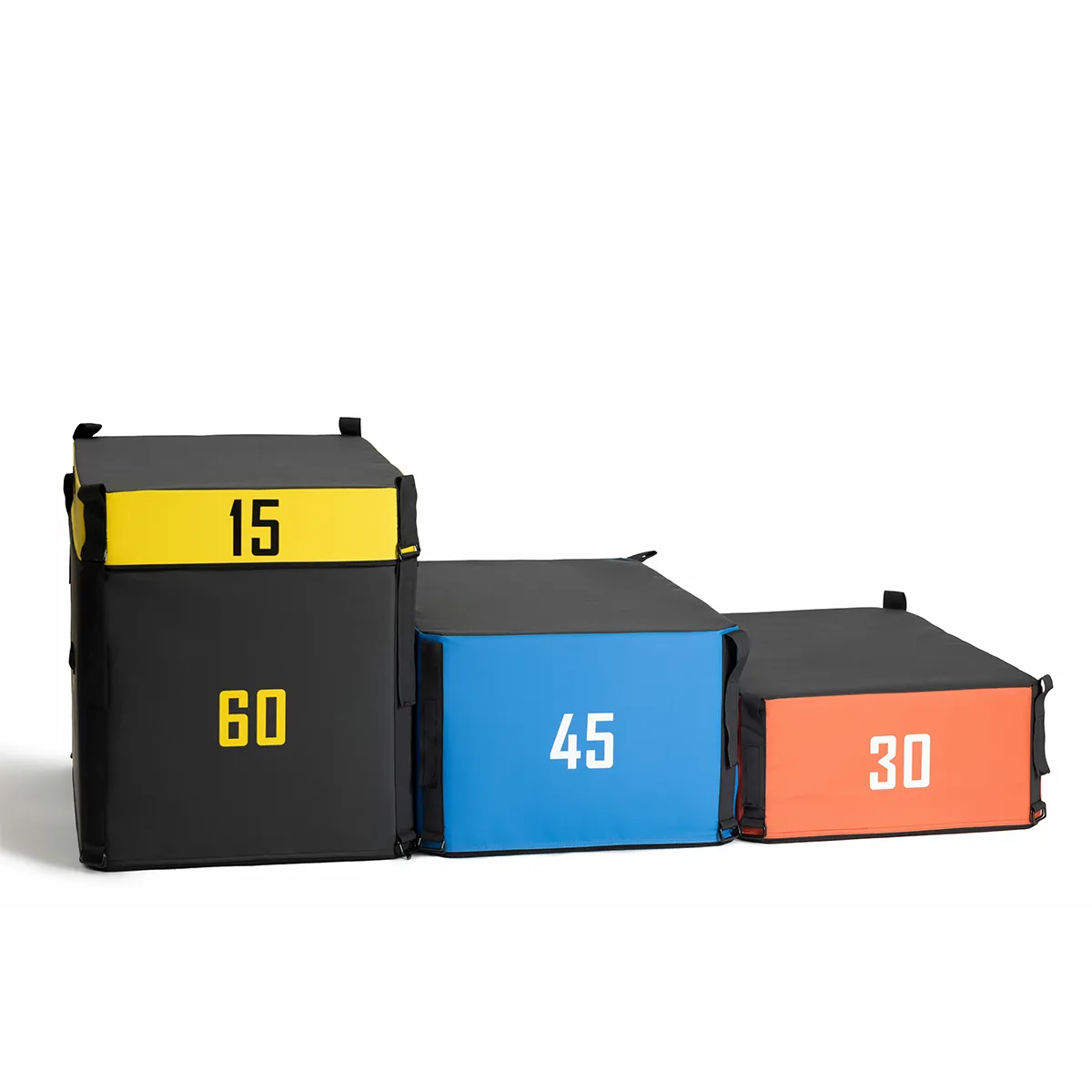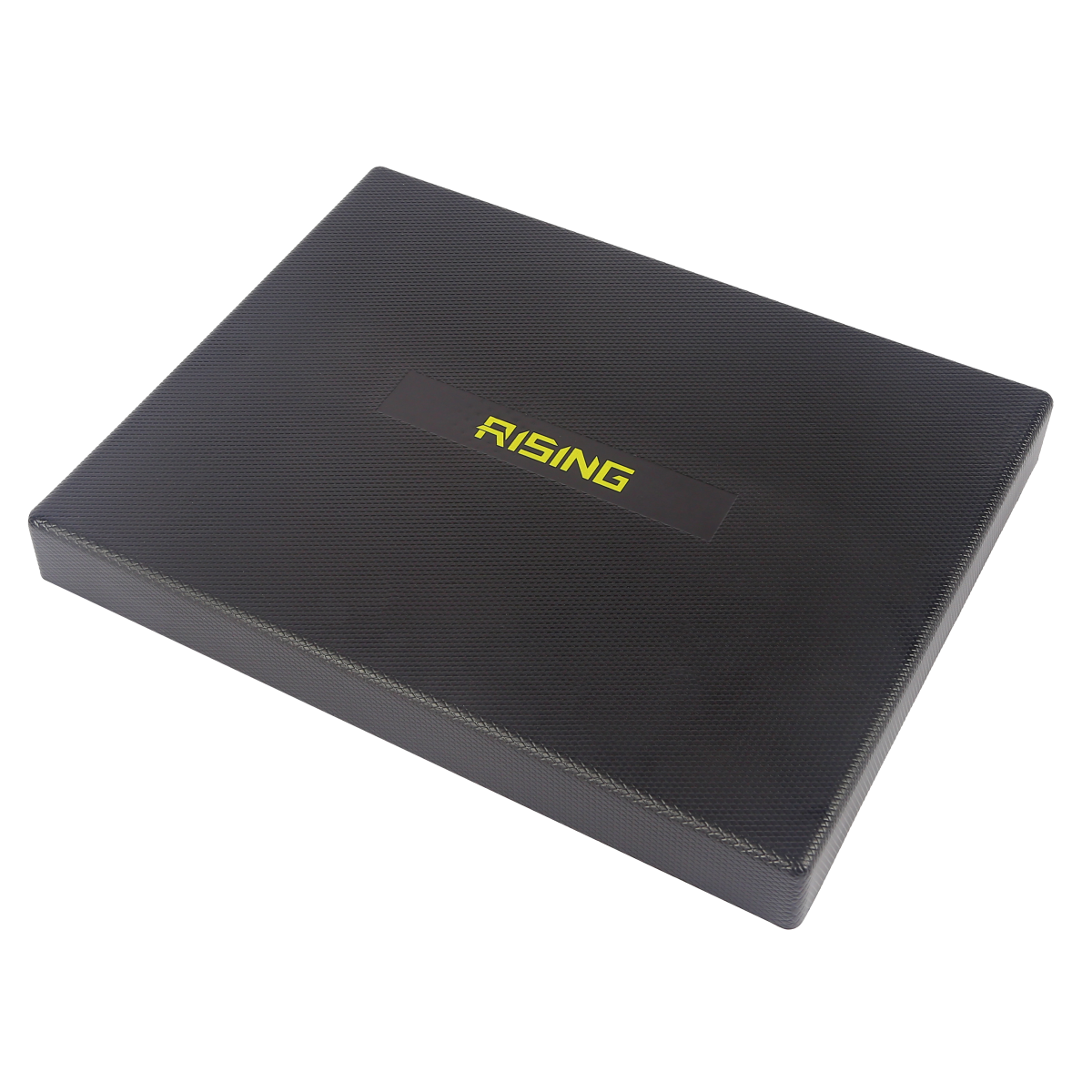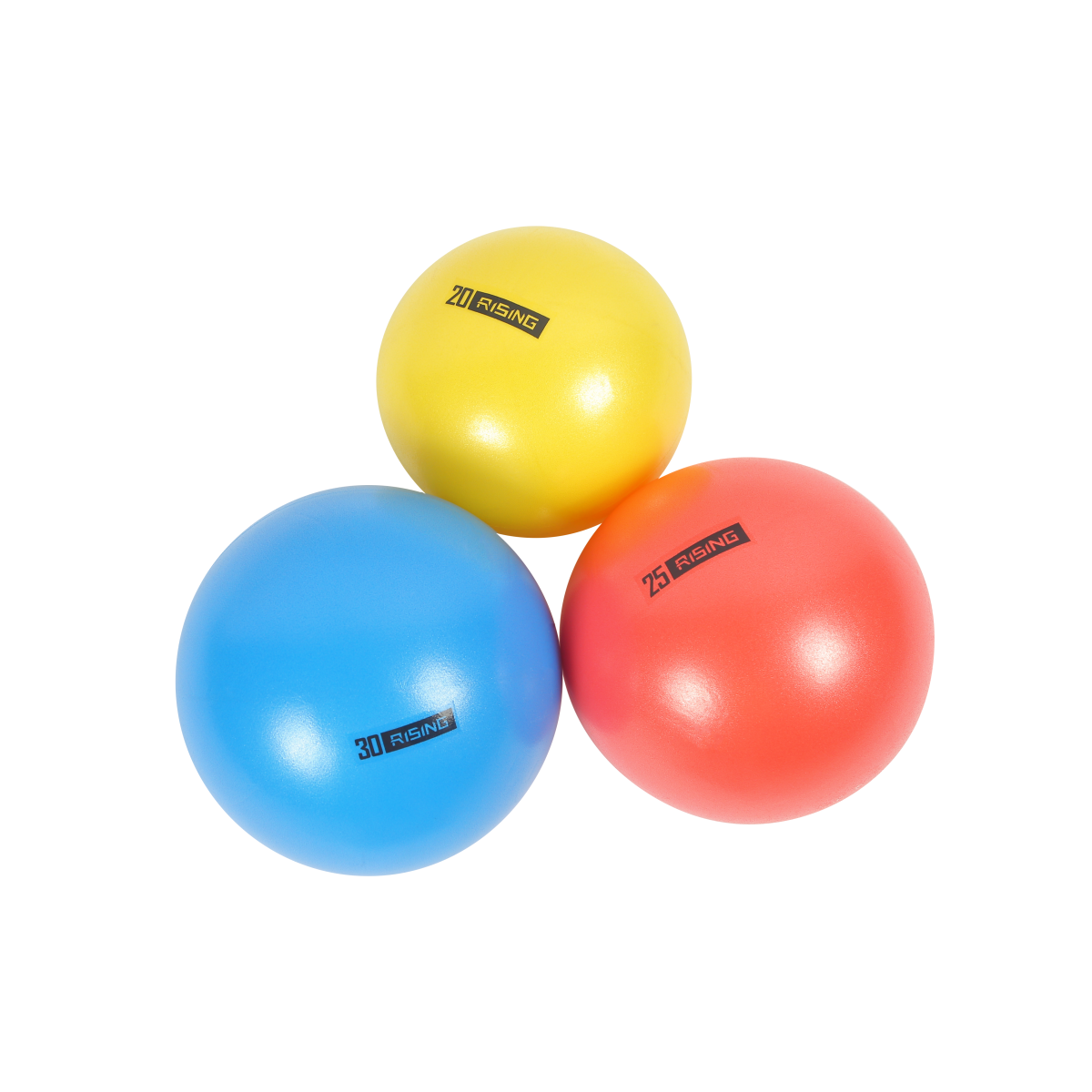yoga mats made in china
Yoga mats made in China represent a significant segment of the global fitness equipment market, offering practitioners a balanced combination of quality and affordability. These mats typically feature eco-friendly TPE or PVC materials, engineered with precision to provide optimal cushioning and support during practice. The standard dimensions usually range from 68 to 72 inches in length and 24 to 26 inches in width, with thicknesses varying from 4mm to 8mm to accommodate different practice styles and user preferences. The manufacturing process employs advanced technology to create non-slip surfaces on both sides, ensuring stability during complex poses and movements. Many Chinese manufacturers incorporate innovative features such as alignment lines, moisture-resistant properties, and enhanced grip textures, making these mats suitable for various yoga styles including hot yoga, vinyasa, and restorative practices. The materials used are carefully selected to be free from harmful substances like phthalates and heavy metals, meeting international safety standards. These mats often feature quick-drying technology and antimicrobial treatments, extending their durability and maintaining hygiene through regular use.


